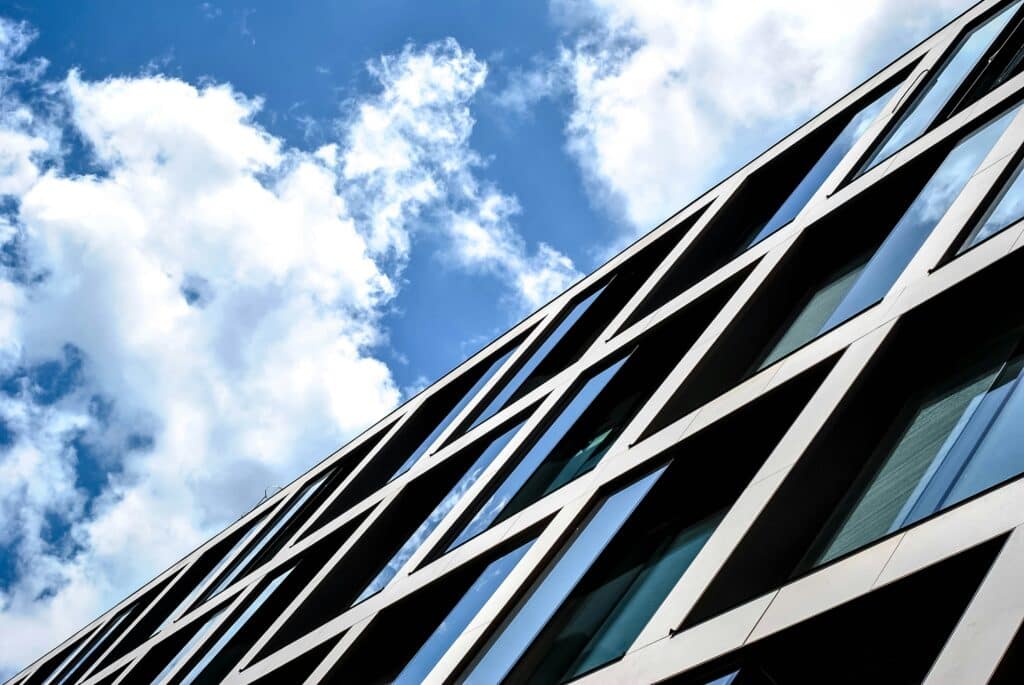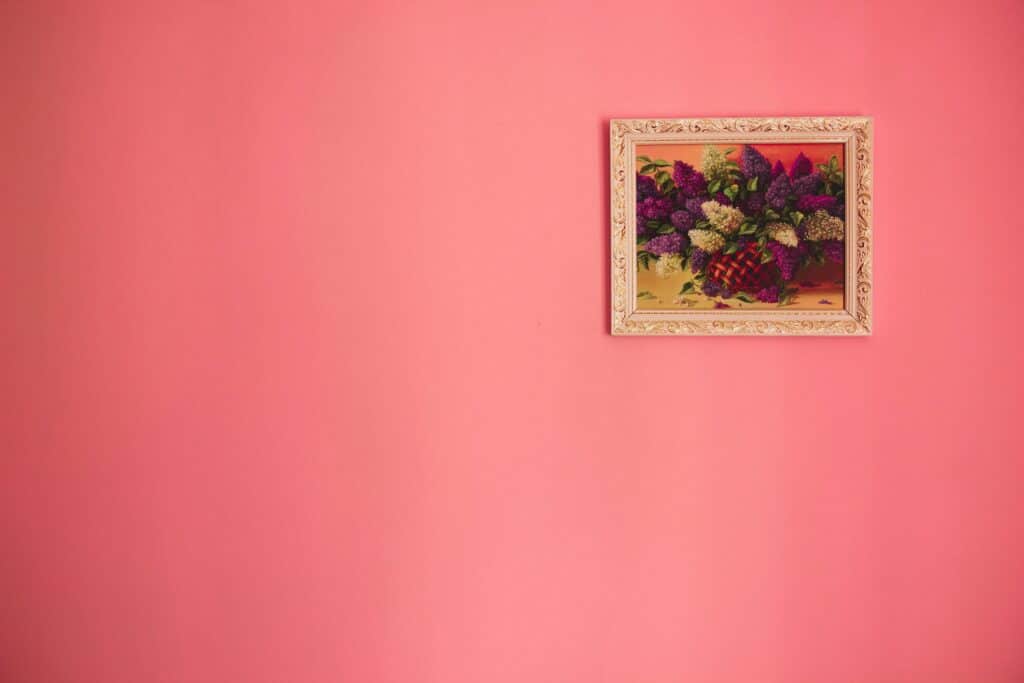There’s a lot of discussion about whether concrete should be sealed and how often this should be done. While annual sealing isn’t always necessary, protecting your surfaces with the right sealer every few years is one of the best ways to prolong the life of your driveway, patio, or other outdoor concrete.
Sealing your concrete helps prevent damage from contaminants, water, and harsh weather, keeping stamped concrete, coloured concrete, or exposed aggregate looking great for years. Even durable plain concrete benefits from regular sealing, especially in areas exposed to winter road salt or frequent traffic.
For DIY enthusiasts, applying a sealer is a straightforward home improvement project that not only protects your outdoor space but also keeps your concrete looking fresh. For a professional finish, The Pressure Cleaning Guys offer expert concrete sealing services, ensuring and long-lasting protection.
The Different Types of Concrete Sealers
It’s helpful to understand what types of sealers are available before starting the job. Knowing the difference will help you make the right choice based on the type of concrete you’re working with and the desired finish.
Sealers based on acrylic resin: These film-forming sealers provide excellent protection at a reasonable price. Some are blended with epoxy, polyurethane, or silicone for improved durability. Lower-quality options like styrene acrylic may yellow in strong sunlight, while virgin or pure acrylic resins are a better choice for longevity and clarity.
Epoxy or polyurethane sealers: These sealers provide a thick, durable layer that offers excellent protection for driveways, patios, and decorative concrete. While they can sometimes become slippery on walkways and may limit the concrete’s ability to breathe, potentially causing a white haze, they are a strong choice for high-traffic or commercial and industrial areas where long-lasting protection is important.
Penetrating sealers: Made from specialty resins like siloxanes, silanes, and silicones, these sealers form a chemical barrier within the porous surface of the concrete, helping to protect against water, oil, and other surface pollutants. They preserve the natural look of driveways, concrete pavers, and other high-traffic areas while providing durable protection, though they may offer less surface gloss.
Low-cost sealers at hardware stores usually provide basic protection. Our team at The Pressure Cleaning Guys only uses professional-grade products to ensure adhesion, durability, and long-lasting results.
The Various Levels of Gloss
Concrete sealers come in multiple gloss levels, from matte to high-gloss.
- Solvent-based sealers: Gloss levels of 80 to 100 produce a high-gloss or “wet-look” finish, sometimes enhanced with colour or additive.
- Water-based sealers: Gloss levels of 50 to 80 give a matt finish or semi-gloss appearance.
- Penetrating sealers: Typically rated at zero gloss for a natural finish.
Keep in mind that solvent-based sealers darken concrete more than water-based ones. For stamped concrete, decorative concrete, or coloured driveways, your gloss choice can impact both appearance and slip-resistance. A non-slip additive can be added if needed.
How to Use Driveway Sealant
Preparation: Proper preparation ensures your sealer adheres to the concrete. Clean the slab thoroughly to remove dirt and grime, oil, or other contaminants. Any patching should be done before sealing. If needed, an acid wash can help prep old concrete.
Safety: Wear gloves, long sleeves, pants, and eye protection. Check the label for specific application instructions, including temperature or weather requirements.
The Right Equipment: Sealers can be applied with a roller, brush, or sprayer, depending on the type of sealer you choose. Water-based sealers are usually applied with rollers, while solvent-based sealers are sprayed.
Coverage: Aim for full coverage with thin coats, overlapping slightly. Most sealers cover 250–300 sq. ft. per gallon. Two or three thin coats will deliver the best results, compared to one thick layer.
Drying Time: Thin coats usually dry in about two hours, though high humidity can extend this. Always make sure the surface of the concrete is completely dry before applying a second coat to ensure proper bonding.
For larger concrete areas, hiring a professional team like The Pressure Cleaning Guys ensures consistent results and proper adhesion for all concrete pavers, stamped patterns, or plain-looking slabs.
Regular Maintenance
Once your concrete is sealed, routine maintenance helps your sealer provide protection for longer. Cleaning every few months with mild soap and water will remove dirt and grime. Inspect the surface of the concrete for worn areas, especially in high-traffic zones, and lightly reapply the driveway sealer where needed.
For decorative concrete, stamped concrete, or coloured concrete, it’s a good idea to use pH-neutral cleaners to avoid affecting the concrete colour. Keeping the surface of the concrete free of contaminants and water damage will prolong the life of the slab. This simple routine is one of the best ways to maintain quality concrete and protect home improvement projects investments.
Pressure Washing
Before resealing, using a pressure washer is one of the best ways to prepare outdoor concrete. Proper preparation ensures the sealer adheres and forms a long-lasting bond. Surfaces that are not correctly cleaned can experience peeling or delamination.
We use a combination of high-pressure cleaning, heat, and cleaning products to ensure the surface is ready for sealing. This is particularly important for old concrete, pavers, and exposed aggregate. Poor preparation reduces the effectiveness of your driveway sealer and can leave contaminants trapped under the sealer.
For professional results, we recommend having a professional high-pressure clean and seal your outdoor surfaces.




